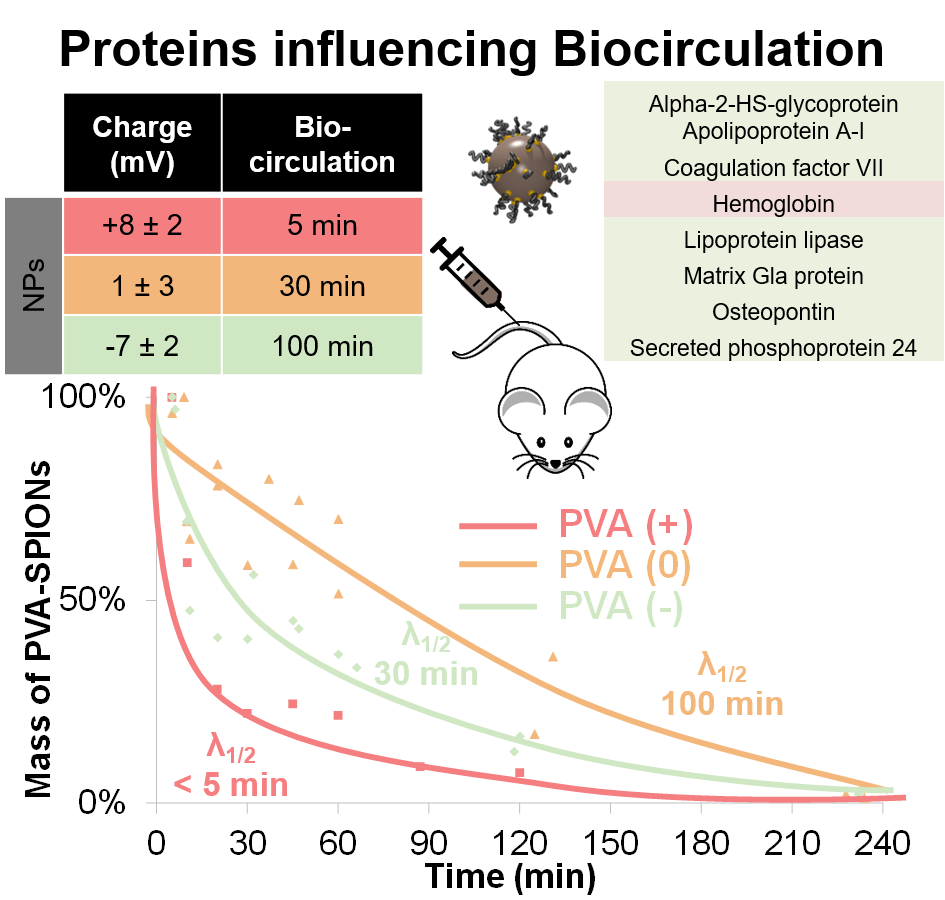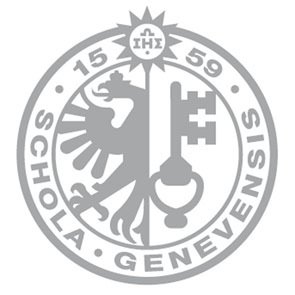Nanoparticles in blood: understanding and controlling protein corona for optimized nanomedicine
04/2022 – 12/2026
Budget: 254 k€
Permanent link
Objectives
Nanoblorona aims to study and control the role of the protein corona formation on nanoparticle’s (NPs) surface to prevent undesirable effect and improve their efficacy in nanomedicine.
In fact, when NPs are in contact with biofluids, proteins will adsorbe on their surface leading to unexpected biological behaviors such as rapid clearance or loss in targeting.
This project is focusing on blood interactions of model NPs in order to analyze the role of NPs surface chemistry on protein corona formation and on in vivo biological behaviors (bio-circulation, biodistribution) as well as on blood response on human samples.
Once analyzed, understood and selected, proteins of interest will be used to bio-functionalized NPs in order to develop nanoprobes with optimized behaviors (stealth, targeting, …).

ANR JCJC is a grant funded by the Agence Nationale de la Recherche Scientifique dedicated for a young researcher to lead his own project independently.
Main results
Proteins found to be responsible of biocirculation of NPs
With systematic replicates and a well-established protocol for proteins quantification on NPs, we discovered that a cocktail of 8 proteins is responsible of bio-circulation of SPIONS coated with PVA (polyvinyl Alcohol) of diverse charges and molecular weights. Charges did influence the protein corona formation but not PVA molecular weight.
Hemoglobin shortens half-life of NPs when 7 other proteins presented in the figure on the right allow NPs to stay longer in blood circulation.







